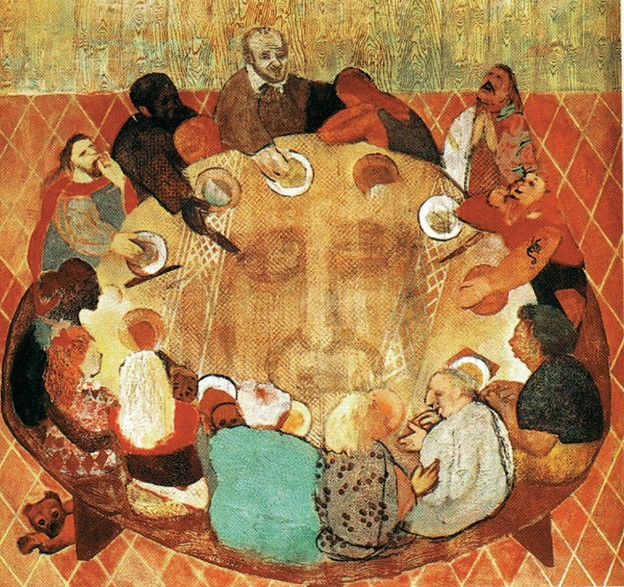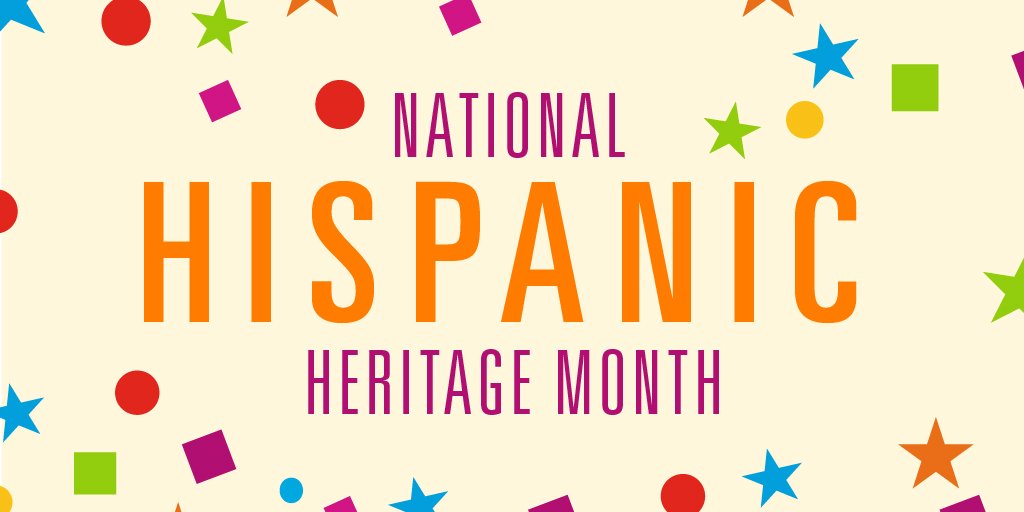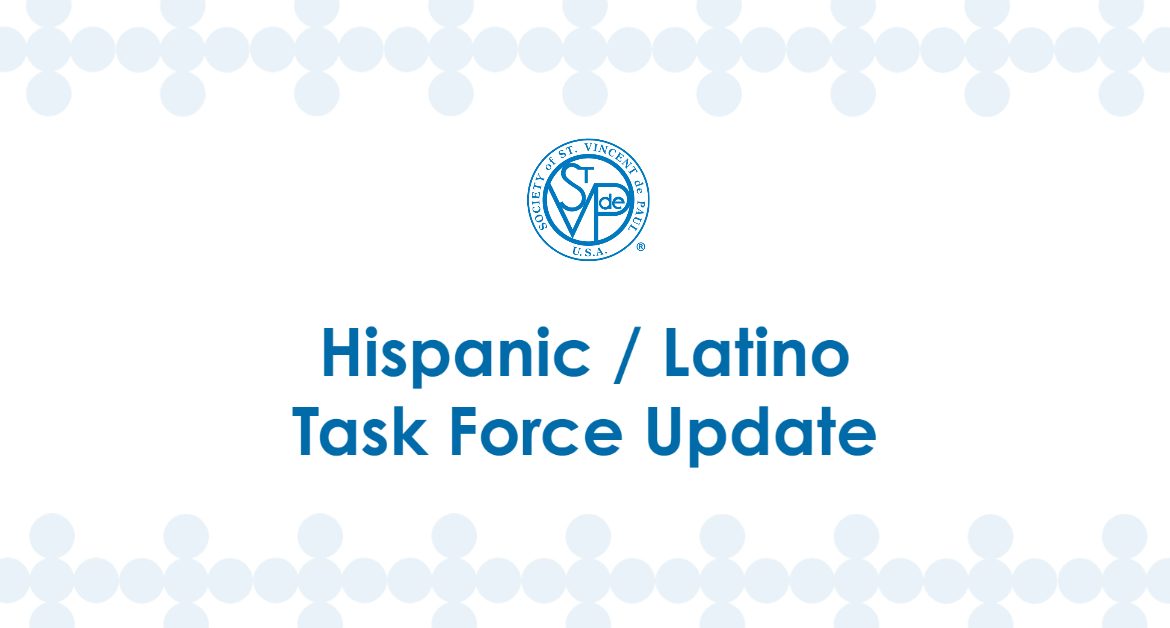Join us this November as we celebrate National Puerto Rican Heritage Month!
“Had we but one spark of the divine fire that consumed the heart of Jesus Christ, would we remain with our arms folded and abandon those whom we could assist”—St. Vincent de Paul.
We know that we are called to assist our neighbors in need. Yet, if we had that one spark of divine fire that consumed the heart of Christ, could we ignore and be blind to the beauty of the cultural heritages of our neighbors in need. Our neighbors may be caught up in situational or generational poverty, but their culture and history keeps them grounded and sustains them through their difficulties.
In this month of National Puerto Rican Heritage Month, let’s look at two traditional types of Puerto Rican music beyond salsa: the music of the mountains, or jibaro music, and bomba.
Take a listen to this traditional music of the people in the mountainous region of Puerto Rico by Ramito: https://www.youtube.com/watch?v=qHA_30e7eEc&list=PLygGmiBruOlf6Aw7BDr34GWA2eDp6OosP&index=10
Modern jibaro music composed by Fabiola Mendez: https://www.youtube.com/watch?v=1yJjALda0X4
The second traditional type of Puerto Rican music is bomba. Bomba is an umbrella term that refers to a variety of musical styles and associated dances originating in Puerto Rico. It was developed by enslaved Africans and their descendants in sugar plantations along coastal towns, most notably Loiza, Mayagüez, Ponce, and San Juan, during the 17th century. https://www.youtube.com/watch?v=zXRMF2ndL2Y
Take a listen to the vibrant bomba that a group of young people played in a subway in Chicago. This version is a modern interpretation of bomba.
https://www.youtube.com/watch?v=nkK68RxqKAE&list=RDQMpRXHg7WufZY&index=7
When we look at the table of St. Vincent de Paul, those of us with eyes to see can almost see the Puerto Rican jibaro and the dancers and players of bomba at the table.



